https://www.youtube.com/watch?v=tVmxe6gvhIc Scientists have discovered a new way to tackle obesity by blocking a gut enzyme that helps absorb fat. The enzyme, called SOAT2, plays a role in packaging cholesterol and fatty acids for absorption. When researchers...
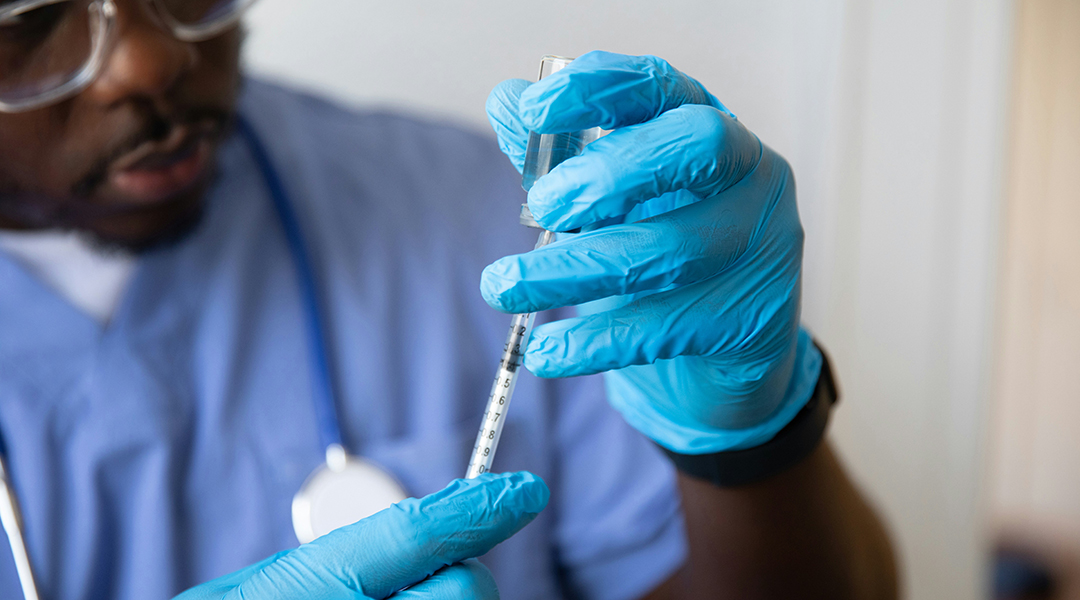
Enzymes help engineer safer, more effective vaccines
Researchers use enzymes to link antigens and adjuvants, creating safer and more effective vaccines by lowering the required adjuvant dosage.

A synthetic nanoenzyme helps combat IBD
To minimize inflammation in IBD, scientists have developed a synthetic enzyme that targets multiple problematic pathways.
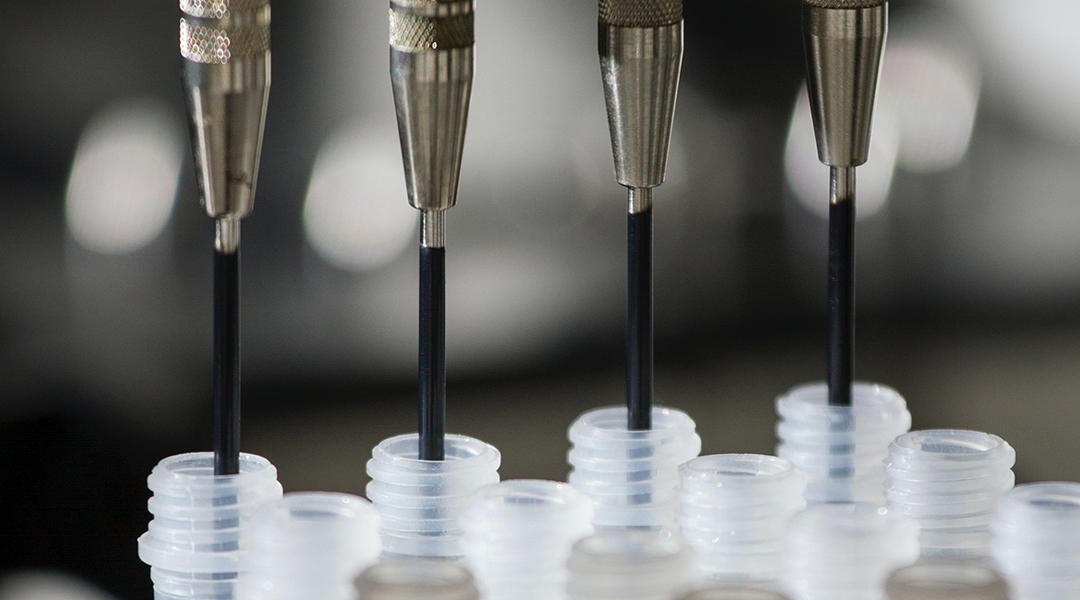
Developing an artificial enzyme to produce Parkinson’s medication
Artificial enzymes could help bring down the manufacturing costs of different medications, making them more available to patients.

Parkinson’s disease treatment based on artificial enzymes
Researchers in Shanghai report a potential therapeutic based on Prussian blue to tackle Parkinson’s disease.
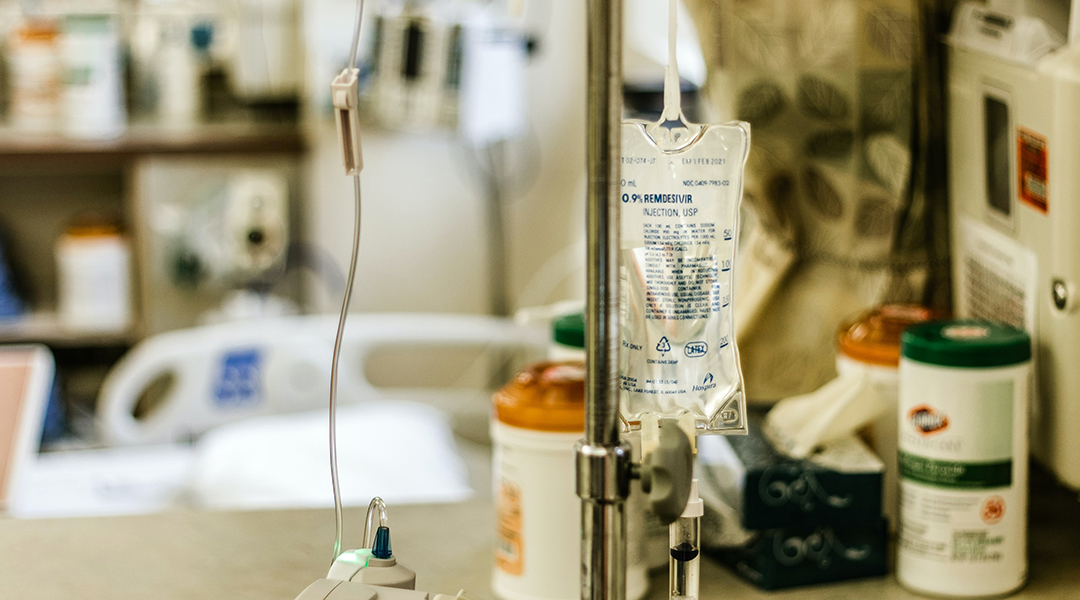
Study finds remdesivir effective against a key enzyme of coronavirus that causes COVID-19
Remdesivir, an anti-viral agent known to be effective against MERS, is already in human trials as researchers search for a treatment for COVID-19.
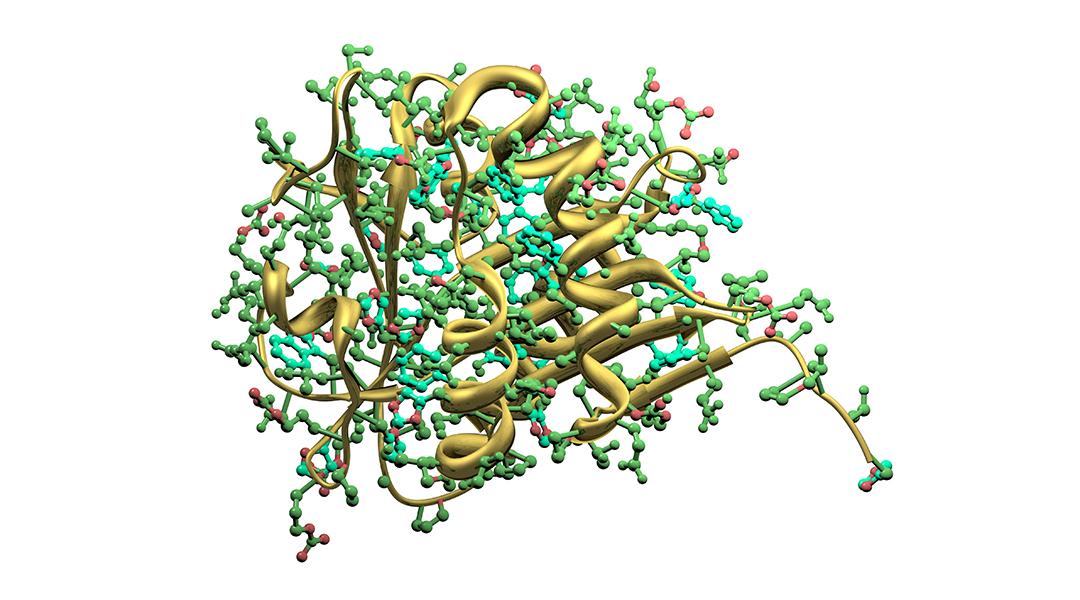
Developing artificial enzymes using computers
Artificial enzymes promise to not only help us understand the complex functioning of enzymes, but will create a new generation of biosystems for sustainable chemistry practices.
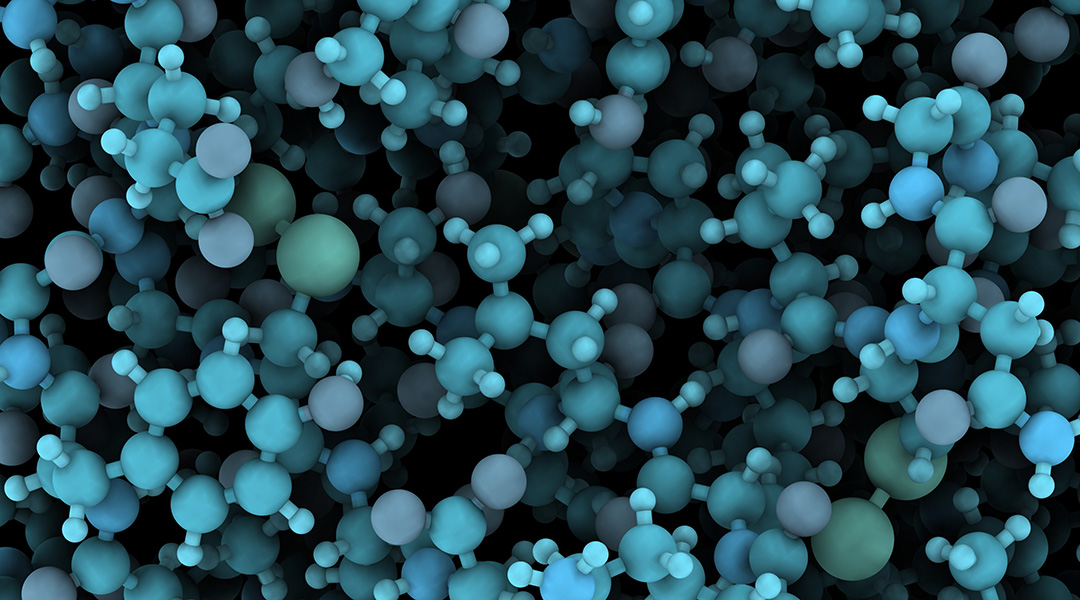
Protein-Protected Metal Nanoclusters That Behave Like Natural Enzymes
Protein-protected metal nanoclusters have excellent biocompatibility and have received considerable attention as a luminescent probe in a number of fields such as biosensing, bioimaging, and imaging-guided therapy.
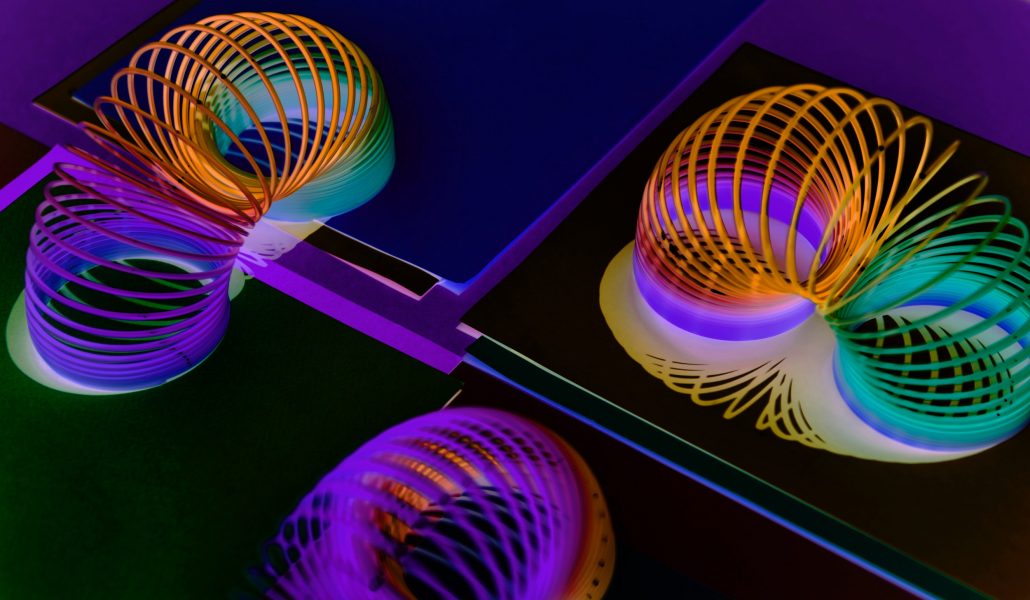
A Light Touch: Reversible Control over Enzyme Activity
A new inhibitor of glutamate transporter enzymes can be turned ‘on’ and ‘off’ using different wavelengths of light.
![Enzyme-Like Hydrogel for Biosensing Applications [Video]](https://www.advancedsciencenews.com/wp-content/uploads/2018/02/adma201706887_ASN_image.png)
Enzyme-Like Hydrogel for Biosensing Applications [Video]
Professor Feng Zhang from Guangzhou Medical University, Professor Hao Pei from East China Normal University, and co-workers report a flexible electrochemical sensor based on a 3D-printable hydrogel. The device could be used as a glucose sensor, demonstrating its potential in biosensing applications.










